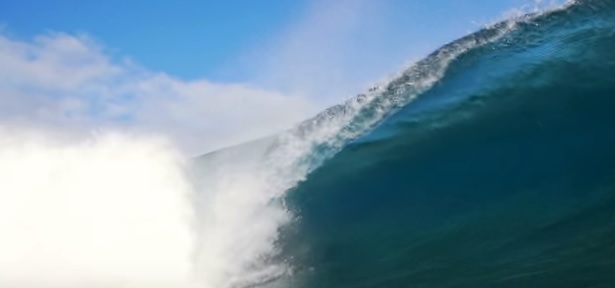HM Coastguard provides tips and information on how people can deal with ‘wind and waves’ and be safe, given that the previous weekend the UK was expecting ‘high tides and extra large waves’.
Tago Mcleod, HM Coastguard, who is based at Falmouth in Cornwall says people should be alerted and follow specific safety measures, even if storm weather warnings have been downgraded.
He stated that the strong winds, high tides, extra large waves can be unpredictable and can easily catch people out. He further noted that
It’s human nature to relax a little more when storm warnings have been downgraded but the real risks still remain. It’s why we’re asking everyone to take extra care and keep well away from breaking waves, piers and jetties and keep well back from cliff edges this weekend.
Thus, the Coastguard presents 5 tips on dealing with wind and high waves:
- No selfies: People are advised not to risk their lives to take selfies near the coastline, stating that if they can feel the spray, they are standing too close.
- Wave dodging: People are also encouraged to keep off groynes, piers, jetties and harbour walls, as big waves can knock them over instantly. Rocks and walls can be slippery and there is more often than not nothing to hold if someone is caught off balance and rogue waves and strong currents can sweep them out to the sea in split seconds.
- Dogs’ safety: Dogs should be kept close and on leads if they out on the cliffs or the coast as it is uncertain whether a smell or an other dog can lead them to trouble. If by any chance a dog gets stuck or trapped, call the coastguard for help, as there are trained teams for fast response at all times.
- Cliffs: People are recommended to stay away from the edges, especially in windy conditions when children and grown-ups are at risk of being caught off balance. In fact, during and after bad weather, cliff faces are especially unstable and landslides and rock falls are common.
- Be in touch: keep a note of tide times so you don’t get trapped and take a fully charged mobile (ideally with a location or ‘find me’ app) so you can call for help if things go wrong. Let someone know where you’re going and when you’ll be back.






























































